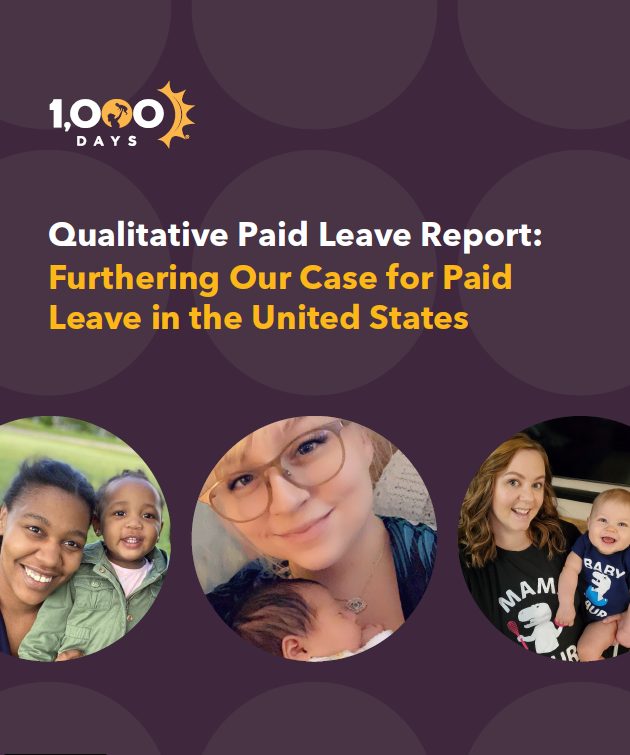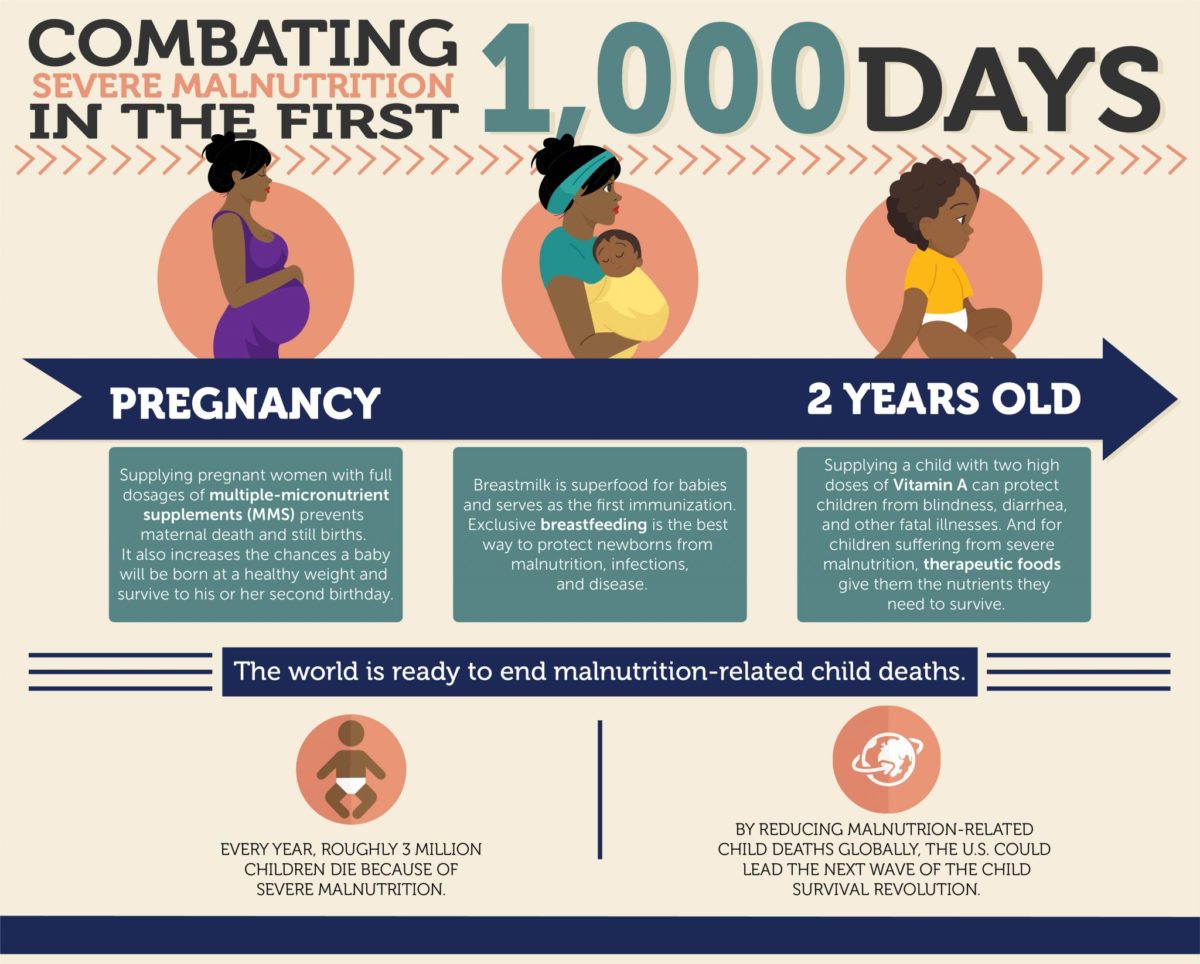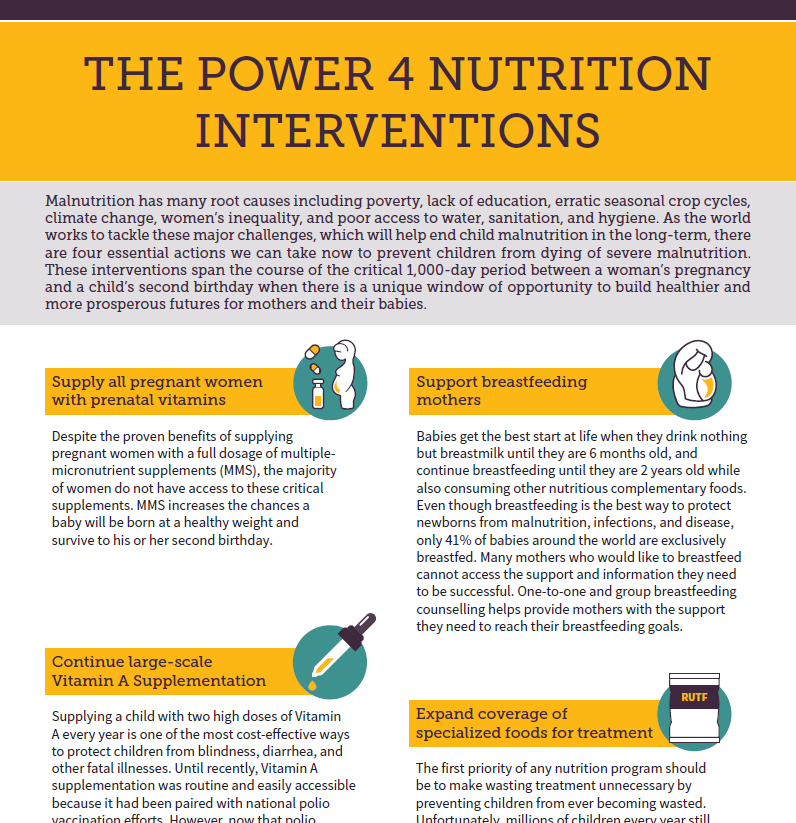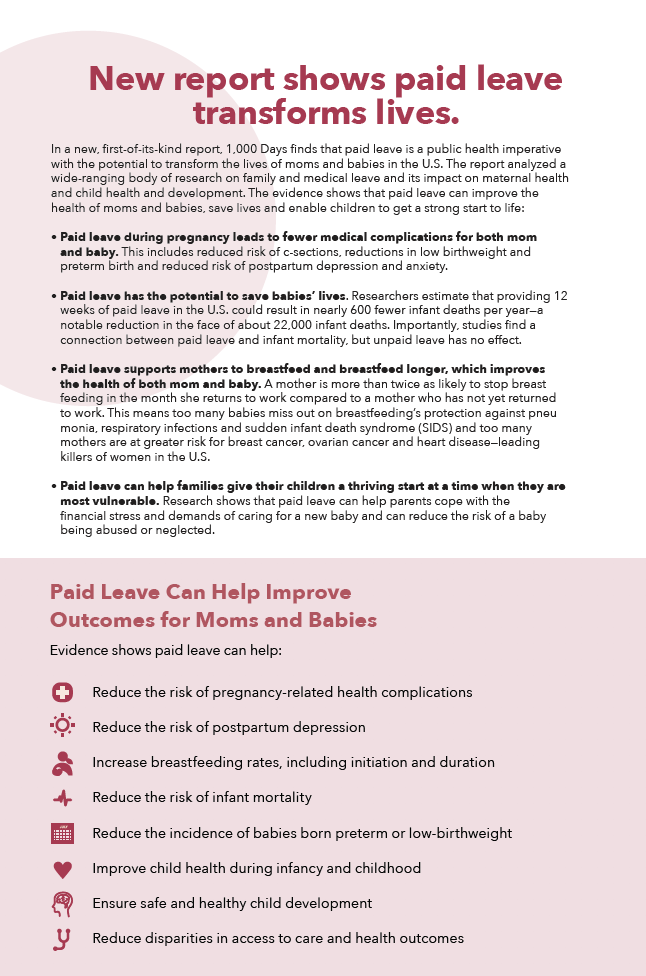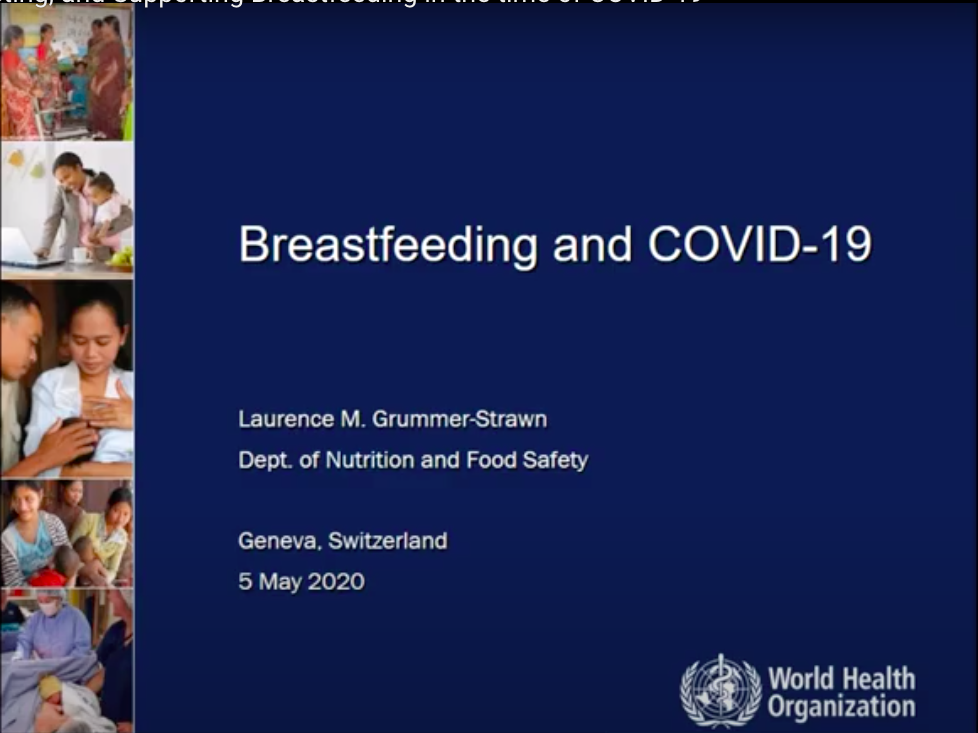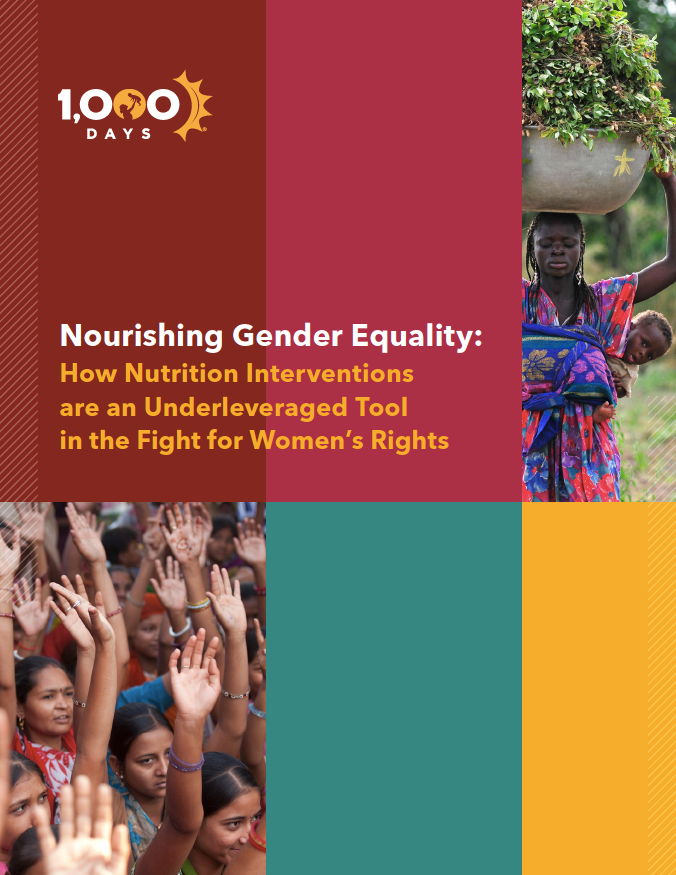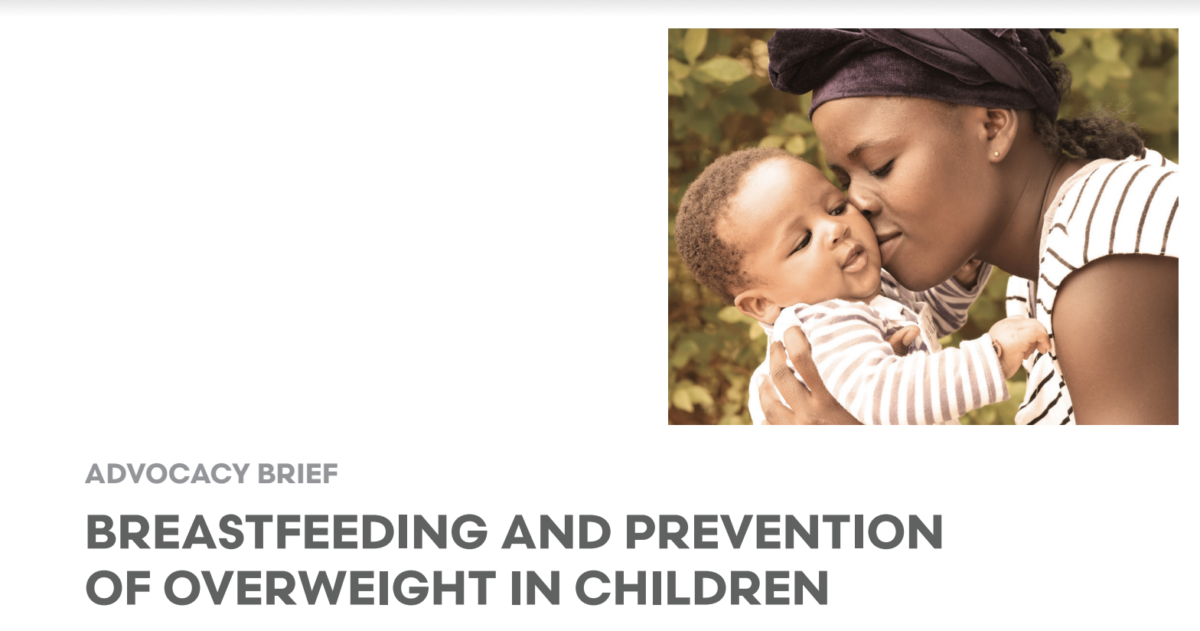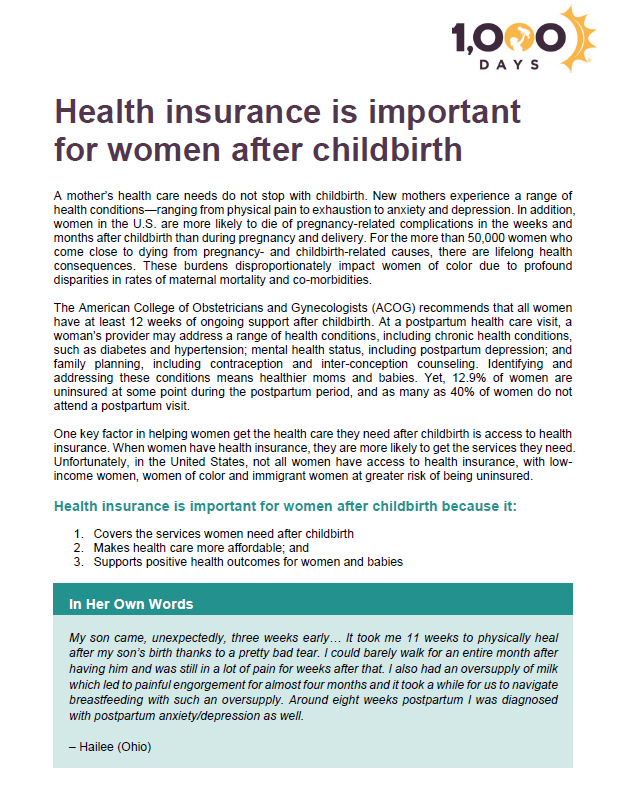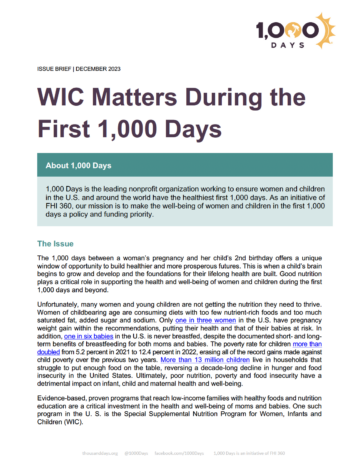Qualitative Paid Leave Report: Furthering Our Case for Paid Leave in the United States
Our latest report, Qualitative Paid Leave Report: Furthering Our Case for Paid Leave in the United States, is based on a study we commissioned to examine how lack of paid leave affects the well-being of new mothers and their babies, particularly women working in low-wage jobs, and to amplify the experiences of low-wage working mothers in their own words. By interviewing and surveying 20 women in five states that did not require workers to have access to paid leave, we learned about how mothers navigate the experiences, demands and joys of motherhood.
For more about the report, our work with paid leave and how you can help, visit here.

